Tag: science
-

The Study of Nature: Book Review of Lois Mansfield’s Field Notebooks and Natural History Journals
In this series, I want to review and highlight the Charlotte Mason Centenary Series of monographs released in 2023. The 18 books in this series are brief and readable volumes that encapsulate a diverse range of topics related to the life, writings and philosophy of Charlotte Mason. My intention is to select a few of…
-

The Narration-based Science Lesson
The method of narration articulated by Charlotte Mason is a powerful tool that involves children retelling what they have learned in their own words. Students tell back the content of what they have read, seen or heard. This actively engages their minds in the process of assimilating knowledge, making connections and cultivating language skills. Narration…
-
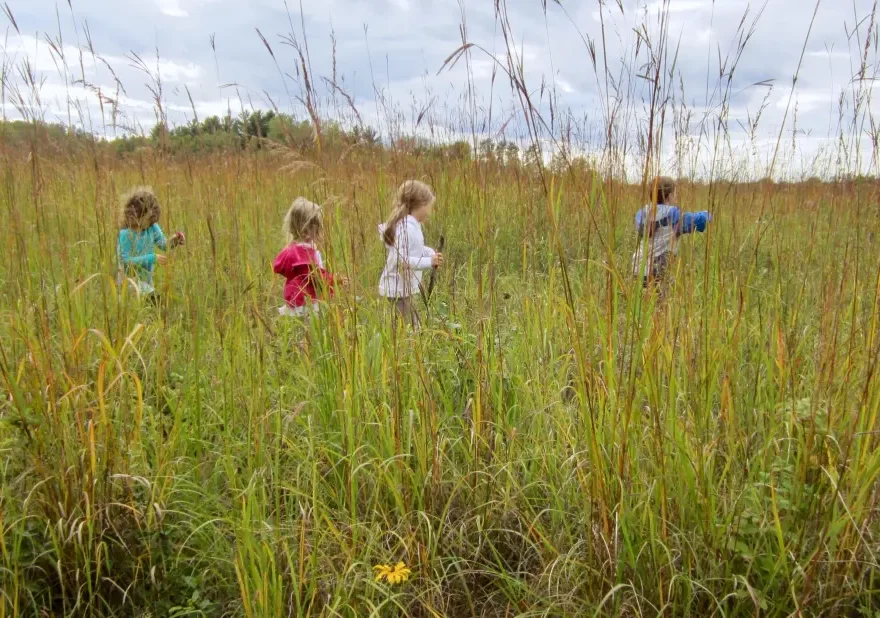
Towards a Philosophy of Nature Study
And God said, “Let the earth sprout vegetation, plants yielding seed, and fruit trees bearing fruit in which is their seed, each according to its kind, on the earth.” And it was so. The earth brought forth vegetation, plants yielding seed according to their own kinds, and trees bearing fruit in which is their seed,…
-
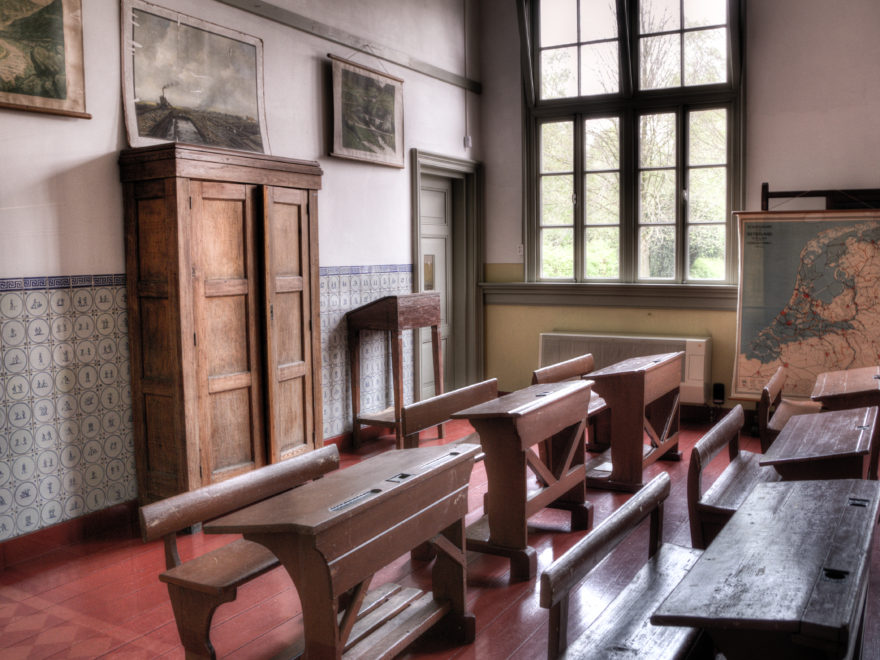
Why The History of Narration Matters, Part 1: Charlotte Mason’s Discovery?
I’ve decided to put the series on Bloom’s Taxonomy vs. Aristotle’s Intellectual Virtues on hold for a couple months after contracting with Classical Academic Press to film two courses in December for ClassicalU: one on narration and another on Charlotte Mason’s philosophy for classical educators. So I’m returning to the topic of narration and Charlotte…
-
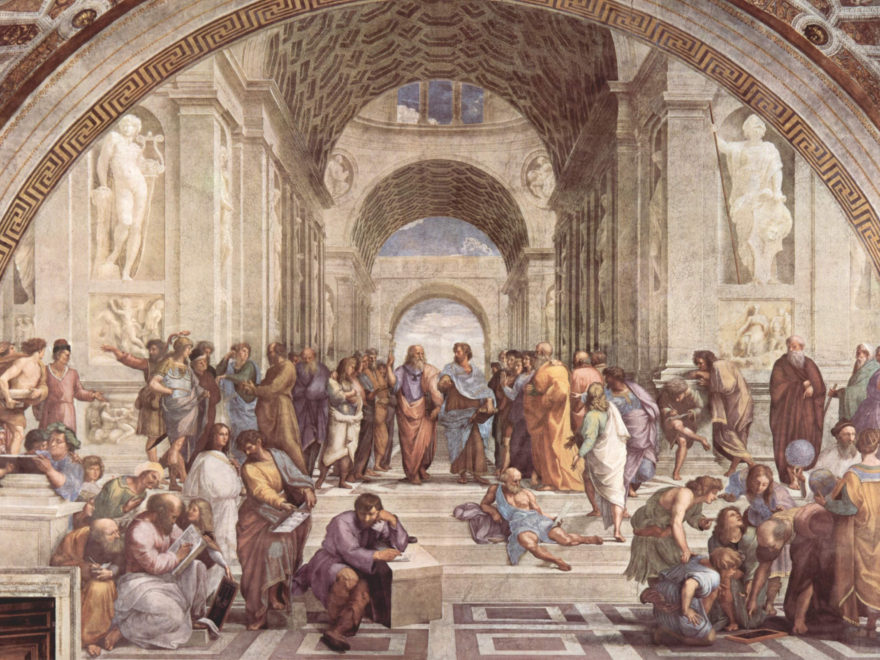
20 Quotable Quotes from the First Half of 2020 Educational Renaissance
At the end of 2019 we shared a series of memorable maxims from that year’s blog articles. As we transition toward the next half of 2020, we thought we’d do something similar and share 20 Quotable Quotes from Educational Renaissance articles January through June. These are longer block quotes that will whet your appetite for…
-

The Flow of Thought, Part 7: Rediscovering Science as the Love of Wisdom
In this series we’ve been finding arguments for a classical education from the unlikely realm of positive psychology, particularly Mihalyi Csikszentmihalyi’s classic Flow: The Psychology of Optimal Experience. After connecting the concept of flow with Aristotle’s link between virtue or excellence and eudaimonia (happiness or flourishing), we’ve been racing through aspects of the liberal arts…
-

Training in the Arts vs. Teaching Sciences
I have previously written on the classical distinction between an ‘art’ and a ‘science’, but I recently discovered some interesting confirmations of it in Plato and John Milton Gregory (two otherwise widely divergent figures in the history of education). In particular, the chief take-away for teachers is a clearer awareness of when you are focused…
-
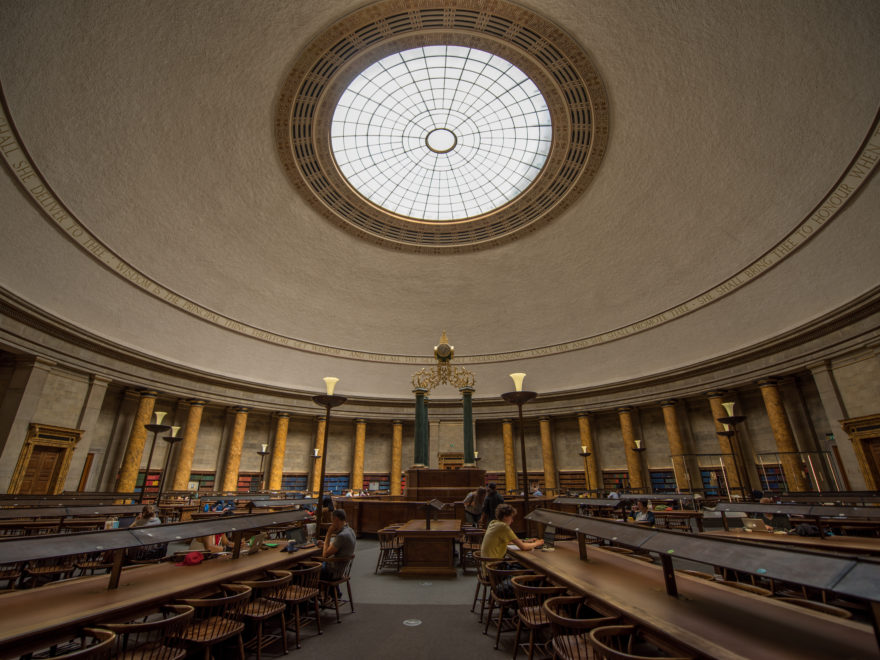
Woodrow Wilson’s Educational Reform
Princeton is different than it once was. One man altered the small college in the heart of New Jersey, setting it on course to become one of the most prestigious institutions in America. Investigating the principles of Woodrow Wilson’s educational reform provides insight into the direction American education would go during the 20th century. As…
-
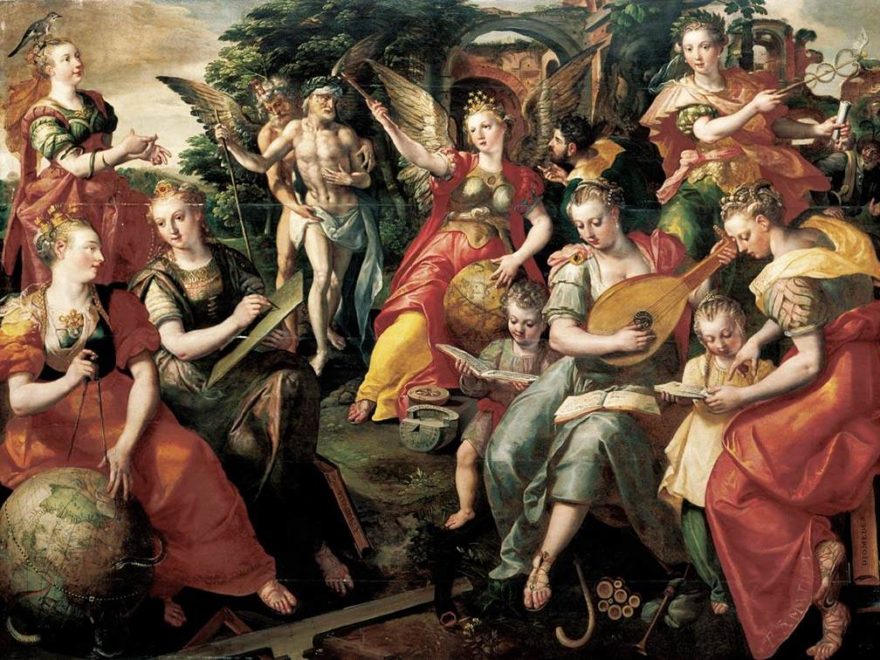
The Classical Distinction Between the Liberal Arts and Sciences
One of the encouraging recent developments in education is the recovery of the classical educational tradition of the liberal arts and sciences amongst Christian classical schools. Of course, we’re already laboring upstream, since to most people the term ‘liberal arts’ simply refers to general studies or the humanities. However, even the Christian classical school movement…
